This is the post for the week of July 31, 2017.
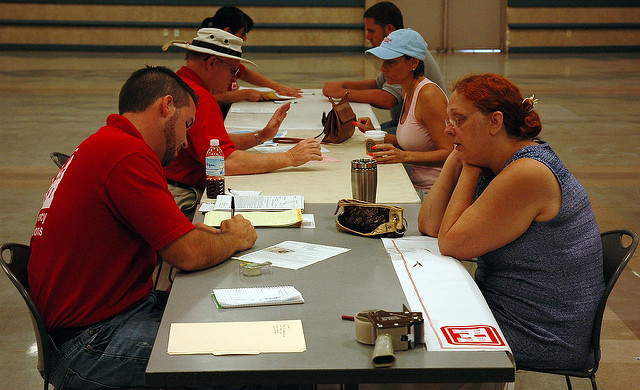 This week you will continue working on your Genre Analysis Report, which is due by 11:59PM on Tuesday, August 8, 2017. Your Progress Report is due by 11:59PM on Monday, July 31.
This week you will continue working on your Genre Analysis Report, which is due by 11:59PM on Tuesday, August 8, 2017. Your Progress Report is due by 11:59PM on Monday, July 31.
Readings for This Week
Since you have your big project to write this week, go back and review any readings that you need and whatever research you have found. You control your readings for this week.
If you have questions about readings, research, or writing, ask in our #general channel in Slack.
Tasks for This Week
Because I want you to have the whole week to work on your Genre Analysis Report, there are no extra tasks this week. Just the essential work.
- By 11:59 PM on Monday, July 31, submit your Progress Report in Canvas. The grace period ends at 11:59 PM on Thursday, August 3.
- Share a draft of your Genre Analysis Report in the Feedback on Genre Analysis Reports on Canvas by 11:59 PM on Friday, August 4.
- In your message, ask your group to look at anything you are trying to improve. Let them know the kind of advice you need.
- By noon on Monday, July 24, provide feedback to your group members, using the strategies in the Peer Review Commenting Strategies video.
- Post your Genre Analysis Report in Canvas by 11:59PM on Tuesday, August 8. The grace period ends at 11:59PM on Friday, August 11.
- By 11:59PM on Friday, August 4, write your 08/04 Labor Log in Canvas. Specific questions for your log are included in Canvas. The grace period for your log entry ends at 11:59 PM on Monday, August 7.
Photo Credit: Corps of Engineers Takes Blue Roof Applications in Texas After Hurricane Ike by U.S. Army Corps of Engineers on Flickr, used under a CC-BY license
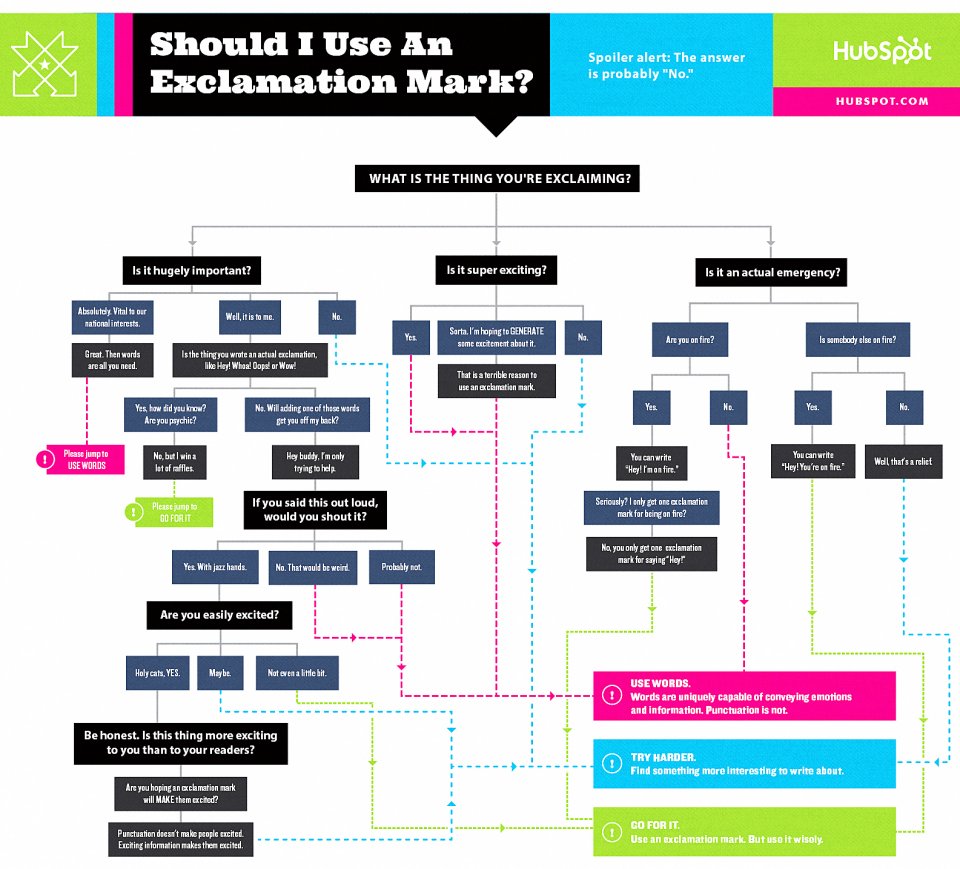
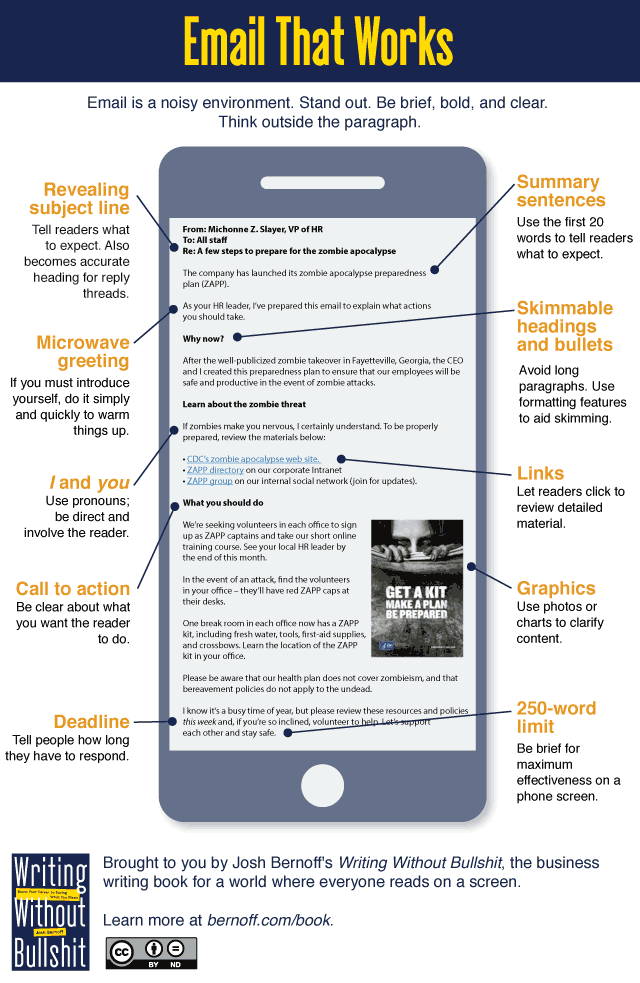
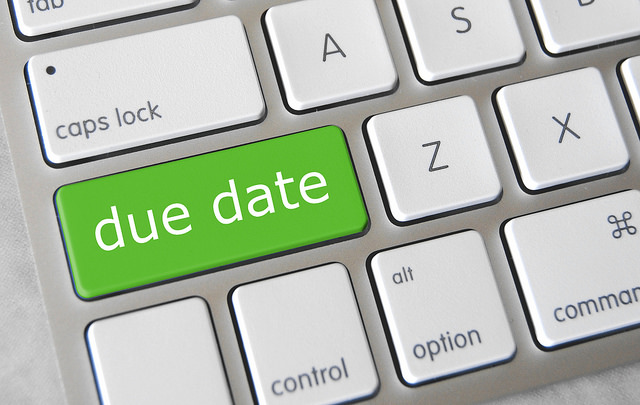 I want to share a short policy update. If you watch Canvas carefully, you may notice that some of the dates for Major Projects have (and will) change. If you don’t pay lots of attention to the minor details (which is fine), you can skip this info. Here’s what I’m doing to make the revision system work:
I want to share a short policy update. If you watch Canvas carefully, you may notice that some of the dates for Major Projects have (and will) change. If you don’t pay lots of attention to the minor details (which is fine), you can skip this info. Here’s what I’m doing to make the revision system work: 
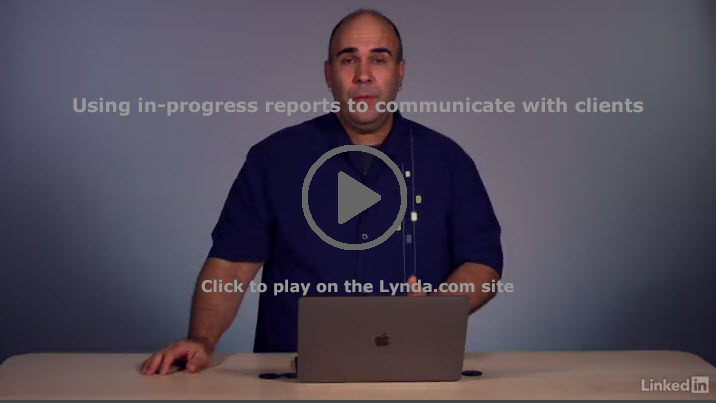
 Thanks for your patience last week while I was at the Council of Writing Program Administrators Conference in Knoxville. I caught up on all the missing posts Saturday afternoon. If the info in those posts makes you want to change your proposal significantly, please use the Grace Period to give yourself a little extra time.
Thanks for your patience last week while I was at the Council of Writing Program Administrators Conference in Knoxville. I caught up on all the missing posts Saturday afternoon. If the info in those posts makes you want to change your proposal significantly, please use the Grace Period to give yourself a little extra time.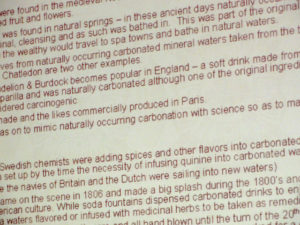 The #FridayFact for this week is one that I’m sure everyone agrees with: no one likes a boring slideshow with crowdedl text on the slides. The Harvard Business Review article
The #FridayFact for this week is one that I’m sure everyone agrees with: no one likes a boring slideshow with crowdedl text on the slides. The Harvard Business Review article